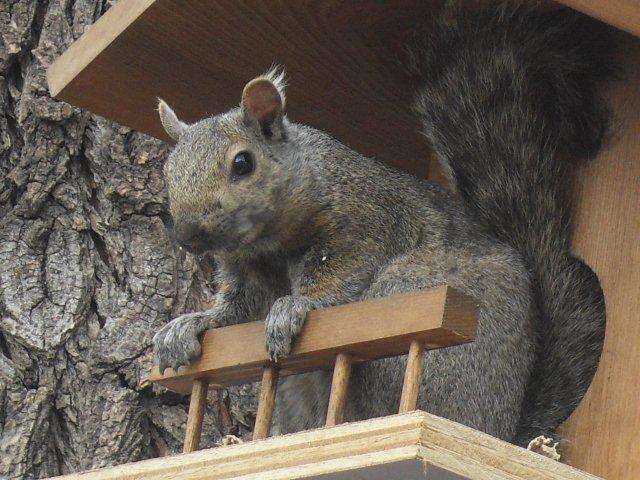Just as the Print World is about poets and the Online World about poems, slam is about angst. A [usually young] poet screams into a microphone for three minutes. The subject matter has a range almost as narrow as the voice modulation, extending no further beyond belly-gazing than belly-aching. The form, if any, is often overstressed syllables and random rhymes. In short, it is angster [c]rap.
This is not to say that the state of the art in the Print World is any better. It is worse. Slammers transport us to a time just after language was developed, offering us a unique glimpse into
poetry's formative stage. When PoBiz types lapse into incoherence, as they often do, they take us back further still. This fascinating anthropological journey becomes abundantly evident whenever we add an actual poet into the mix.
A year ago my mentor announced that he was going to a slam. Naturally, I tagged along, if only to see someone stand out like a palm tree in
Tuktoyaktuk. Not surprisingly, his parody of Mitt Romney as a weathervane was an oasis of fun in the S'noran Desert.
The judging was too bizarre for words. No biggy. What mattered were the things that were not obvious...at least not immediately so.
We continued to attend slams and open microphones. In my role as your reporter, I interviewed people I'd seen at the previous events, asking what they remembered about them. Without exception, they mentioned my teacher's performances. I got the sense that, if the judging were delayed a few days, the old man's presentations would have been the only ones people could recall. More important was the body language. While the "beautiful screamers" were dropping their loads onstage everyone sat back in their chairs, nodding whenever they agreed with a sentiment being expressed, their art receptors set in the "Off" position. When my instructor spoke everyone leaned forward in their seats, smiling. Afterwards, some might pay him the ultimate compliment, asking for a hardcopy or URL for his poem and, in rare cases, permission to use it elsewhere. (N.B.: Slams feature original works only.) Over time, some of the more ambitious poets would ask for his critique, before or after their performances.
Eons ago, preliterate cave dwellers gathered to tell stories. These were prose until and unless attendees decided that the preformer had nailed it, in which case the piece would be memorized verbatim. Thus, prose became poetry. Only later were techniques developed to appeal to both memory and audiences.
Today, slammers gather to tell stories. These are either prose or doggerel--this being the only, albeit faint, evidence of prosody--and remain so until listeners show an interest in replication; typically, this will be hardcopy or online text or a YouTube link of it being performed.
For the most part, especially with readings, it is as if poetry never existed.




No comments:
Post a Comment
Your comments and questions are welcome.